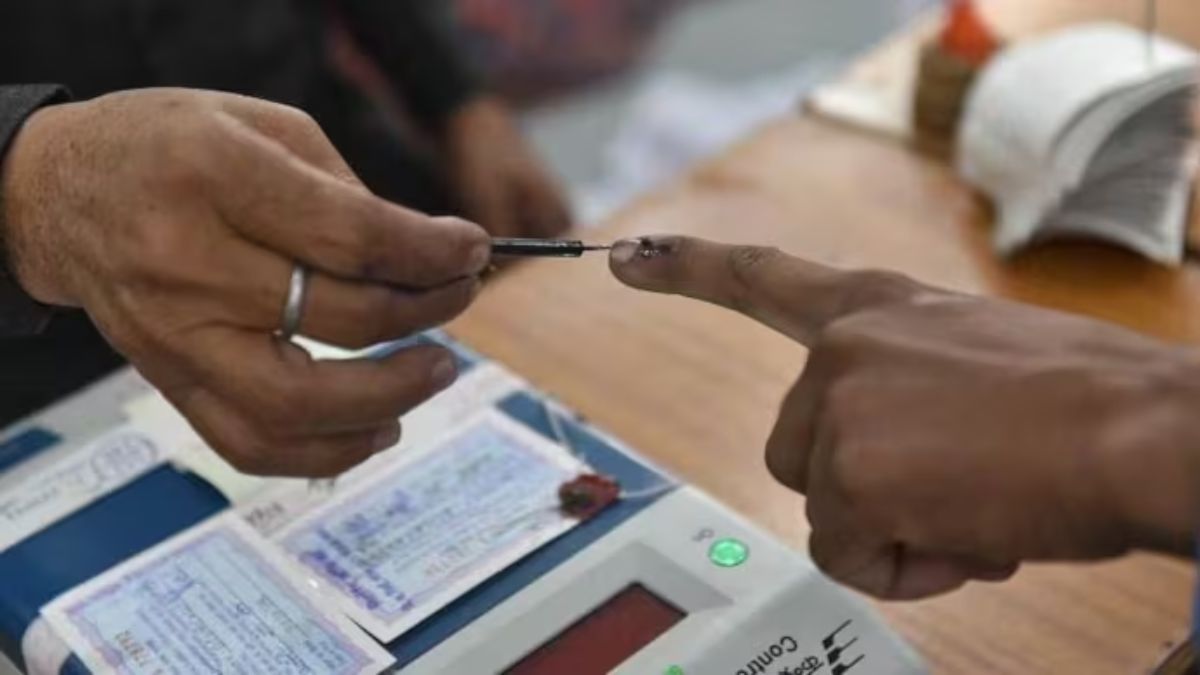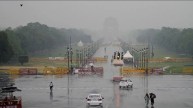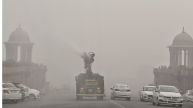The BJP is most likely to introduce two Constitutional Amendment bills to the Lok Sabha on Monday next week for ‘One Nation, One Election’ or ‘ONOE’, opening Pandora’s Box that may have far-reaching consequences for the country and may impact the political dynamics, grammar of electoral politics, democracy and its core values, and the federal structure of the country.
The Constitution, which will need at least 18 amendments, will be the worst hit of the entire process.
Some of these amendments, including the first two, must be ratified by more than half of the state legislatures.
18 Constitutional Amendments!
All of the constitutional bills will need to be approved by not less than two-thirds of the members present and voting.
This massive exercise will be taken at a time when the ruling coalition does not enjoy a two-third majority in either of the houses of the Parliament.
A third bill will be introduced in the house to amend three laws governing Union Territories with legislative assemblies of Puducherry, Delhi, and Jammu and Kashmir.
It will aim to align their terms with those of other legislative bodies and the Lok Sabha. However, this bill not need to be ratified by more than half of the state legislatives.
It will need to be approved by the both houses of the parliament by two-thirds of the members present and voting.
Besides, the Government of National Capital Territory of Delhi Act (1991), the Government of Union Territories Act (1963), and the Jammu and Kashmir Reorganisation Act (2019) will have to be amended.
Simultaneous Lok Sabha, State Assembly Elections
The two Constitutional amendment bills that are to be tabled on the floor of Lok Sabha on Monday will be aimed at holding simultaneous elections for the Lok Sabha and state legislative assemblies in a phased manner.
The two constitutional amendment bills will also propose to add Article 82A (simultaneous elections to the House of the People and all Legislative Assemblies).
These Articles To Be Amended
It will also amend Articles 83 (duration of Houses of Parliament), 172(duration of State Legislatures) and 327 (Power of Parliament to make provisions concerning elections to legislatures).
These amendments will also modify Articles 82A, 83(2), and 327 so that the Lok Sabha and state assembly elections are synchronised so that the end of terms for the Lok Sabha and state assemblies, and the dissolution of these bodies take place at the same time.
These two bills are also aimed at amending Article 327 to include the term “simultaneous elections.”
Simultaneous Elections
Simultaneous elections have been defined in the bill to mean general elections held for constituting the Lok Sabha and all the Legislative Assemblies together.
It has also been said in the bill that the President by a ‘public notification’ issued on the date of the first sitting of the House of the People bring into force the provisions of this Article.
The date of the notification shall be called the appointed date.
State Assemblies To End With Parliament
According to the proposed bill, if the term of the Legislative Assembly is deferred, the full term shall come to an end on the same date as the end of the full term of the Lok Sabha constituted in the general elections.
It will not be affected by anything said in Article 172 of the Constitution,
What happens to the period after the full term of the Legislative Assembly has ended but because of the deferment, the elections are yet to be notified?
Mid-Term Elections
These Constitutional amendments will also impact the mid-term elections.
This term may be added by Article 83, clauses 3 to 7. The bill says when the Lok Sabha is dissolved before the full term of 5 years, the period between the date of dissolution and the expiry of the full term shall be an unexpired term.
According to the new provisions, a mid-term election shall take place and a new Lok Sabha shall be constituted only for the unexpired term.
The new Lok Sabha thus constituted shall not be a continuation of the immediately preceding Lok Sabha, it will be a completely new house.
The government has said in the bill that simultaneous elections should be held.
It says, “The imposition of Model Code of Conduct in various parts of the country which are poll-bound put on hold the entire development programs, cause disruption of public life, impacting functioning of services and also curtail the involvement of manpower from their core activities for deployment of prolonged election duties.”
The amendments will change the nature and the character of the Parliament as well as state assemblies.
The tenure of the state assemblies may be changed, the mid-term election may be held and the new house will be only for the remaining period and not the whole span of five years.
On the other hand, the new house thus constituted will be a new house, not a continuation of the older one.













